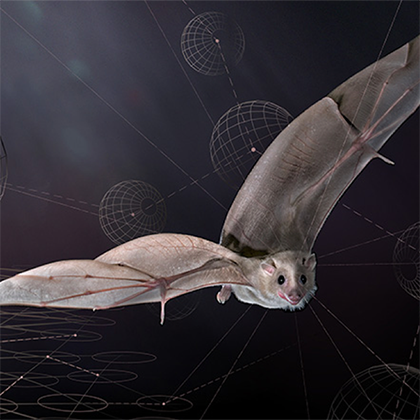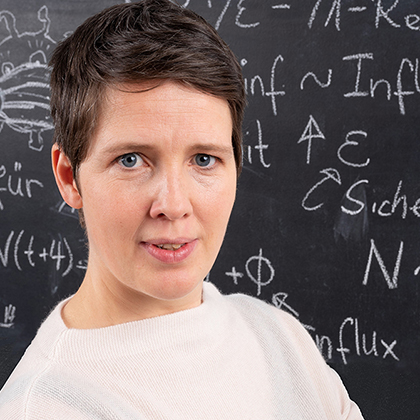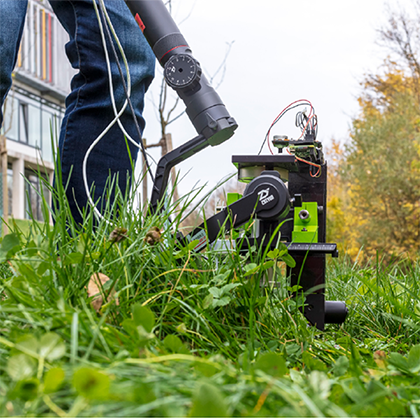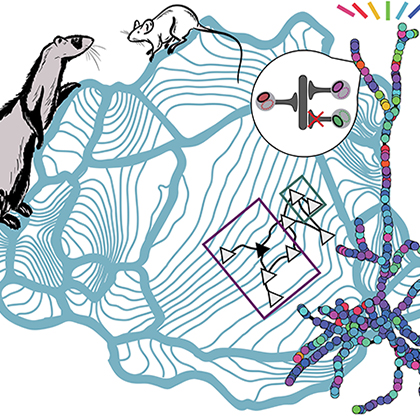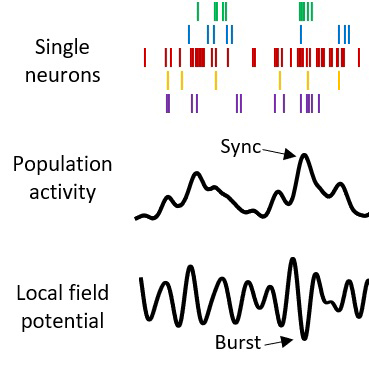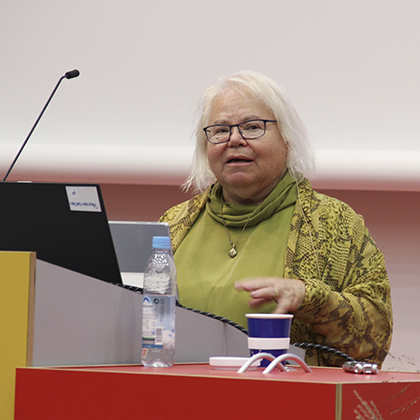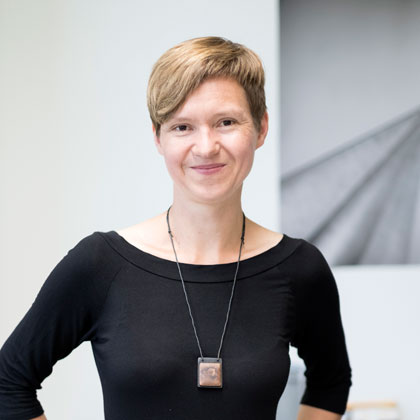Bernstein Network News. Find the latest news from our researchers regarding current research results, new research projects and initiatives as well as awards and prizes.
When the Brain’s GPS Goes Off the Grid
A new study on bats reveals an unexpected representation of three-dimensional space in the brain
Tracking the traces of light in the short-lived memory of the eyes
The traces light leaves on the retina close gaps in visual perception and provide continuity in knowing what is where as we move.
Eric Kandel Young Neuroscientists Prize 2021 goes to Julijana Gjorgjieva
The Hertie-Foundation and FENS award Eric Kandel Young Neuroscientists Prize to Julijana Gjorgjieva. The Max Planck scientist is recognized for outstanding achievements in the field of computational and theoretical neuroscience.
Viola Priesemann receives communication award of the German Physical Society
With this award, the German Physical Society recognizes the scientist for her outstanding commitment to communicating scientific findings on the corona pandemic.
Neurobiology: How mice see the world
Researchers based in Munich and Tübingen have developed an open-source camera system that images natural habitats as they appear to rodents.
Wiring up neural circuits at subcellular precision
Researchers unravel a mechanism behind distinct organizational features in the visual cortex of mice and ferrets
Competing bursts
Freiburg researchers uncover the link between bursts of beta brain waves and reduced stimulus recognition
Eve Marder receives Valentin Braitenberg Award for Computational Neuroscience 2021
Eve Marder, pioneering neuroscientist and internationally renowned for her work on the lobster and crab nervous system will receive this year's Valentin Braitenberg Award for Computational Neuroscience. The award ceremony will take place during the online Bernstein Conference on September 23.
From pandemics to climate change, study of collective behavior must become ‘crisis discipline,’ researchers argue
Our ability to confront global crises depends on how we interact and share information.
Einstein Professorship for Susanne Schreiber, Chair of the Bernstein Network
The Einstein Foundation will be supporting neurobiologist Susanne Schreiber as an Einstein Professor at Humboldt-Universität zu Berlin. With the help of additional funding from the Einstein Foundation, the university was able to counter an offer from another university, thus ensuring that the expert in theoretical neurophysiology will remain in Berlin.



